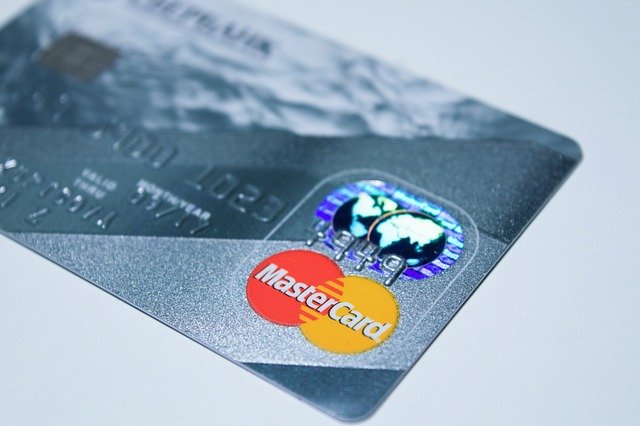How Money Transfer Services Work for International Finance
Money transfer services move funds between people and institutions, often across borders, using a mix of digital networks, correspondent banking and physical agents. These services underpin everyday international finance needs—from sending remittances to paying for goods—by converting currency, complying with regulations, and offering options for bank deposits or cash pickup. Understanding how they operate helps you choose the most suitable option for transfers in your area or abroad.

What is a money transfer service?
A money transfer service is any provider that moves money from a sender to a recipient, domestically or internationally. Providers range from banks and traditional cash-transfer networks to online firms and mobile apps. They differ by transfer speed, delivery methods (bank deposit, cash pickup, mobile wallet), fees and how they handle currency conversion. For many users, the ideal service balances cost, speed and convenience while meeting regulatory and security requirements.
How do international transfers work?
International transfers commonly use correspondent banking or specialized transfer networks. When you initiate a transfer, the provider either routes funds directly to the recipient’s bank account using systems like SWIFT and local clearing networks, or uses its own network of agents and partners to deliver cash or mobile credit. Transfers may involve intermediary banks that pass funds along until they reach the destination institution. Tracking, confirmation messages and sometimes estimated delivery times are provided to help both sender and recipient monitor progress.
What role does finance regulation play?
Regulation and compliance are central to safe money movement. Providers must follow anti-money laundering (AML) and know-your-customer (KYC) rules, report suspicious activity, and abide by sanctions lists. Financial regulators in sending and receiving countries set licensing, consumer protection and data-handling standards that affect how services operate. For individuals, this means you may need to provide identity documents or transaction purpose details, and some corridors may have stricter limits or enhanced screening.
How is currency exchange handled?
Currency conversion is a key part of international transfers when sender and recipient use different currencies. Providers either apply their own exchange rates or use live market rates with a markup. Some online services advertise mid-market or transparent rates, while others bundle conversion fees into a wider transfer fee. Exchange rate fluctuations can affect how much arrives on the other side, so comparing both the rate and any explicit fee is important for cost-conscious senders looking to optimize the amount received by the payee.
How do transfers interact with banking systems?
Banks offer direct transfers and often act as pay-in or pay-out points for non-bank providers. When a transfer is sent to a bank account, it typically posts through local clearing systems and appears as a credit in the recipient’s account. Some banks charge incoming transfer fees or require specific routing details like IBAN or SWIFT codes. Non-bank services frequently partner with banks to deposit funds faster or to provide last-mile delivery through agent networks where banking access is limited.
Providers and service overview
Below is a short list of commonly used money transfer providers and typical services they offer.
| Provider Name | Services Offered | Key Features/Benefits |
|---|---|---|
| Western Union | International cash pickup, bank transfer, mobile app | Large global agent network; in-person and online options |
| MoneyGram | Cash transfer, bank deposit, mobile options | Extensive agent locations; fast cash payouts in many corridors |
| Wise (TransferWise) | Bank-to-bank transfers, multi-currency accounts | Transparent mid-market rates; online-first and low-cost for many corridors |
| PayPal / Xoom | Bank deposits, cash pickup, mobile wallet transfers | Integrated with PayPal accounts; convenient for smaller transfers |
| Remitly | Bank deposit, cash pickup, mobile top-up | Options for express or economy delivery; app-focused service |
| WorldRemit | Bank deposit, cash pickup, mobile airtime | Digital-first; supports varied payout methods in many countries |
Conclusion
Money transfer services combine technical networks, currency conversion and regulatory compliance to move funds domestically and across borders. Choosing between cash pickup, bank deposit, or mobile delivery depends on the recipient’s access and the sender’s priorities for cost and speed. Comparing services on fees, exchange rates, delivery times and regulatory transparency will help match a provider to your specific international finance needs.






